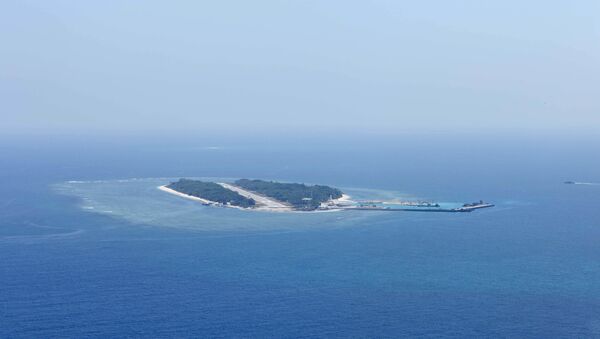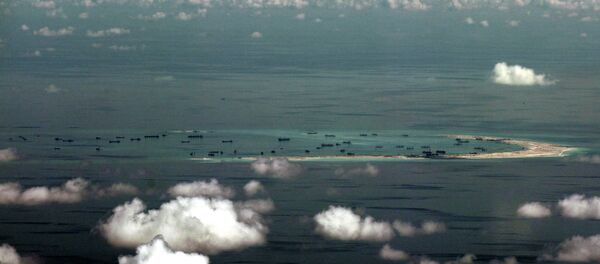The facility may also serve as infrastructure for an “underwater great wall project” that would propel Beijing closer to its aim of South China Sea dominance.
An unknown number of sensors spanning the East and South China Seas are linked from the ocean floor to a computing facility in Shanghai for processing. The “real-time, high-definition, multiple interface, and three-dimensional observations” provided by the secretive academic endeavor could be used for “national defense in addition to scientific research,” professor Zhou Huaiyang was quoted as saying on CCTV by The Drive.
The plan to build the world’s first underwater environmental monitor was touted as a breakthrough in scientific development, Sputnik reported. China has built a slew of missile storage facilities, landing strips, and other territorial defense assets throughout the South China Sea. One wondered whether it was only matter of time before the deep-sea science project was unmasked as a naval threat detector.
The network spans the East and South China Seas to collect various types of mining, chemical and geological data.
It’s hard to find a an island, reef, or islet that isn’t disputed in the South China Sea. Taiwan, the Philippines, Vietnam, and other southeast Asian nations must compete with Beijing for the area’s natural gas, oil and edible sea creatures.
The seaborne laboratory could also prove effective for China’s ability to take the lead on climate change, should the US join Syria and Nicaragua as the only nations to bow out of the Paris climate agreement.





